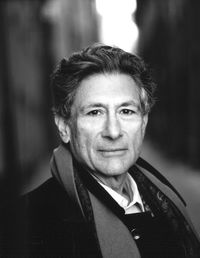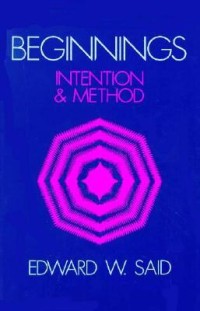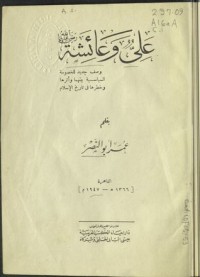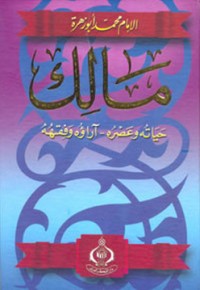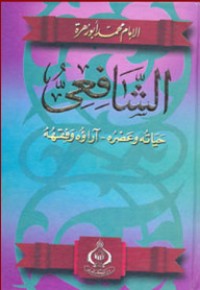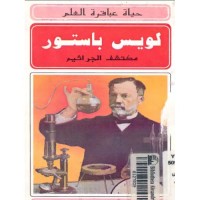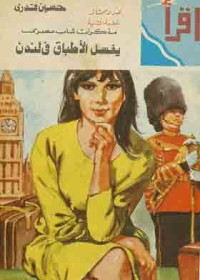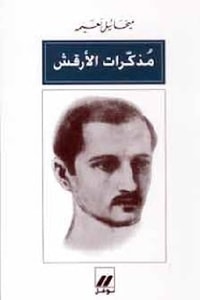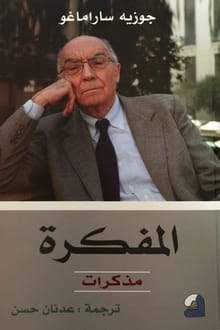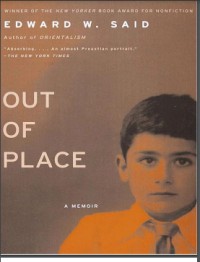
Out of Place by Edward W. Said..Edward Said experienced both British and American imperialism as the old Arab order crumbled in the late 1940s and early 1950s This account of his early life reveals how it influenced his books Orientalism and Culture and Imperialism. Edward Said was born in Jerusalem and brought up in Cairo, spending every summer in the Lebanese mountain village of Dhour el Shweir, until he was 'banished' to America in 1951.
This work is a mixture of emotional archaeology and memory, exploring an essentially irrecoverable past. As ill health sets him thinking about endings, Edward Said returns to his beginnings in this personal memoir of his ferociously demanding 'Victorian' father and his adored, inspiring, yet ambivalent mother.
Out of Place by Edward W. Said..Edward Said experienced both British and American imperialism as the old Arab order crumbled in the late 1940s and early 1950s This account of his early life reveals how it influenced his books Orientalism and Culture and Imperialism. Edward Said was born in Jerusalem and brought up in Cairo, spending every summer in the Lebanese mountain village of Dhour el Shweir, until he was 'banished' to America in 1951.
المزيد...
This work is a mixture of emotional archaeology and memory, exploring an essentially irrecoverable past. As ill health sets him thinking about endings, Edward Said returns to his beginnings in this personal memoir of his ferociously demanding 'Victorian' father and his adored, inspiring, yet ambivalent mother.



